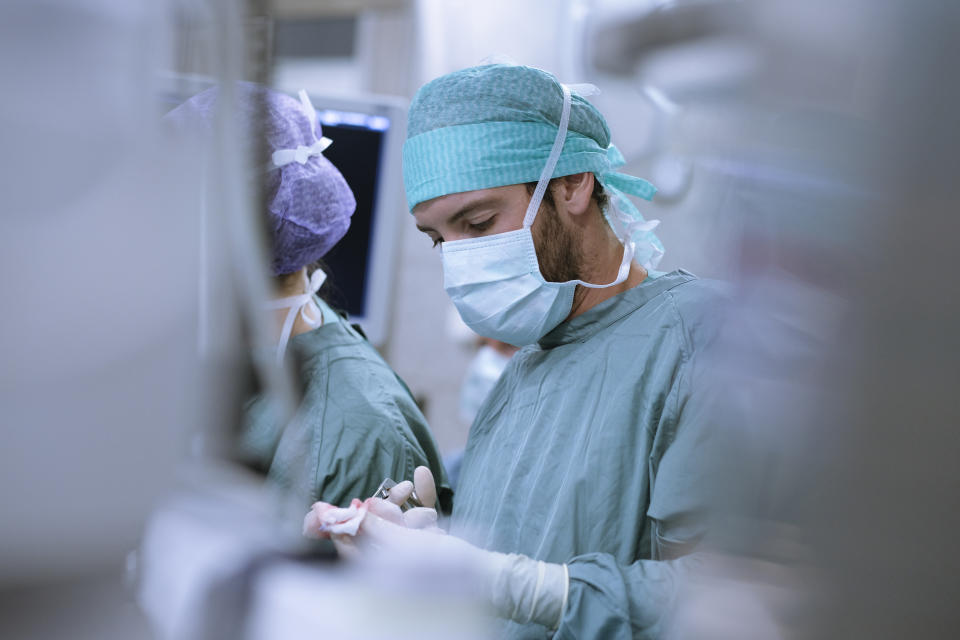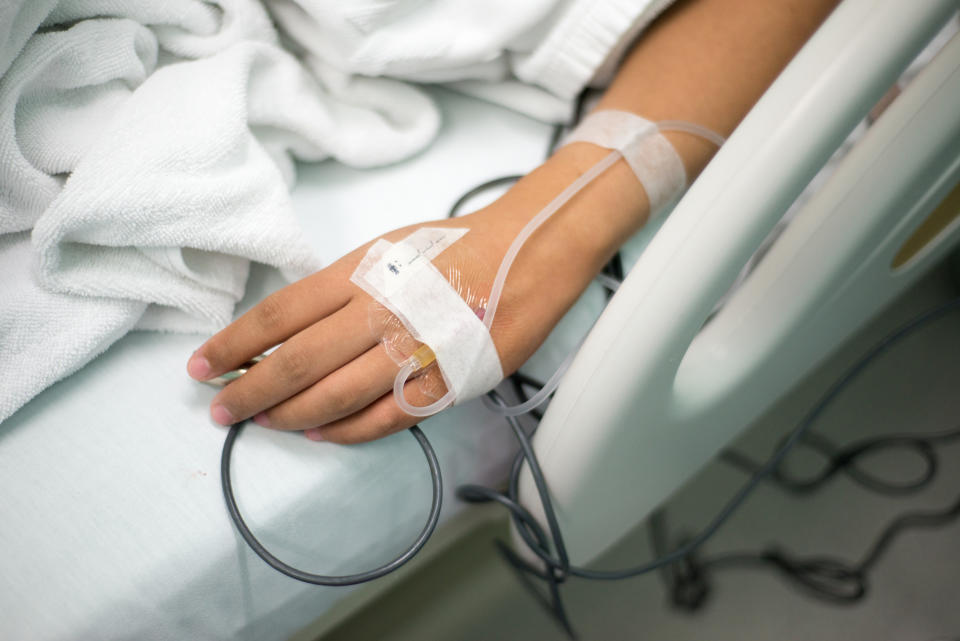The disturbing truth about what happens to this hospital item after it's been used
Hospitals discard an extraordinary number of items every day to keep their facilities as clean and hygienic as possible.
Researchers addressing the problem have revealed the staggering amount of waste produced by Queensland health system.
Queensland researchers have declared war on hospital waste with Charles Sturt University Institute of Land Water and Society’s Professor of Rural Health, Linda Shields, claiming 2500 tonnes of hospital waste is being dumped into landfill each year.
Professor Shields said items used in operating theatres, veterinary clinics and dental surgeries are creating an “enormous amount of waste”.
She said she doesn’t know how much from interstate hospitals is going into landfills but estimated it was a similar amount.

“We understand doctors, surgeons and medical practitioners are all very risk-aversed and don’t want to reuse items out of fear of infection,” she told Yahoo7.
“We’ve had an operating theatre nurse sit in for a week and she’s recorded everything which went into a garbage bag.
“Gowns, which are a cotton-plastic mix are thrown out, the drapes which surround the theatre go in the bin.
“If you look at the masks and rubber gloves surgeons wear – they also go straight into the landfill.”

Professor Shields said most tubing used to remove or pump bodily fluids are also thrown out along with electrical wiring, electrode plates and cotton swabs.
“When you go to the see the doctor or go into surgery, you might notice they open a packet with five instruments but only use two of them,” she said.
“All of the instruments get thrown out – even if most of them aren’t used.”
She added all the packaging for products opened also goes straight to the tip, and a single procedure for a liver operation could see anywhere between 100 to 200 garbage bags filled.

However, she added metal sharps – such as scalpels and needles either used for injections or sewing up wounds are disposed of in a different way.
New uses for hospital waste
Professor Shields is part of a team determining a solution to the issue of healthcare waste.
One proposal is breaking the waste down to a char-like material, which could be used as fertiliser.
Associate Professor Rowan Truss, from UQ’s School of Chemical Engineering, described the medical rubbish as “a long-term waste of resources” and “landfill space”.
The use of supermarket plastic bags has led to a much-heated debate between Australian consumers, companies and environmentalists after Woolworths and Coles removed single-use plastic bags.
In June, a Woolworths worker was assaulted by an irate customer frustrated over the single-use bag ban.
The devastating effect of single-use plastic bags was put on full display in May after a baby tiger shark was found by fisherman Jason Moyce with four in is stomach in footage taken in waters off the coast of NSW Far South Coast.
“Seriously, is this what we are doing to our oceans. Animals are choking on our waste. So sad,” Mr Moyce wrote on Instagram.



